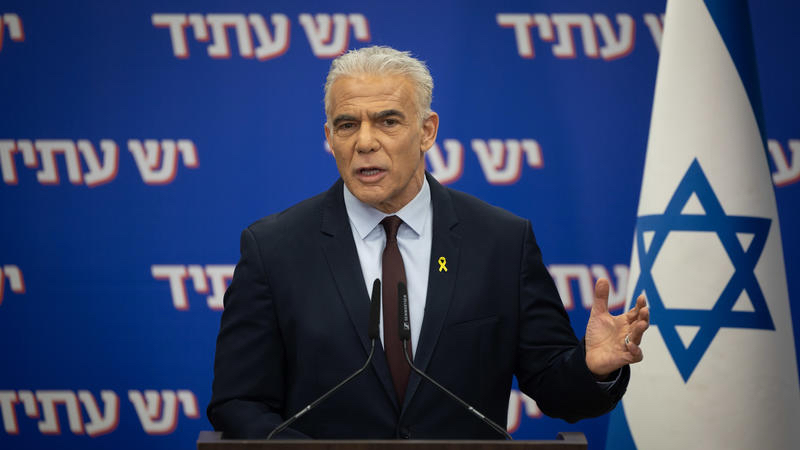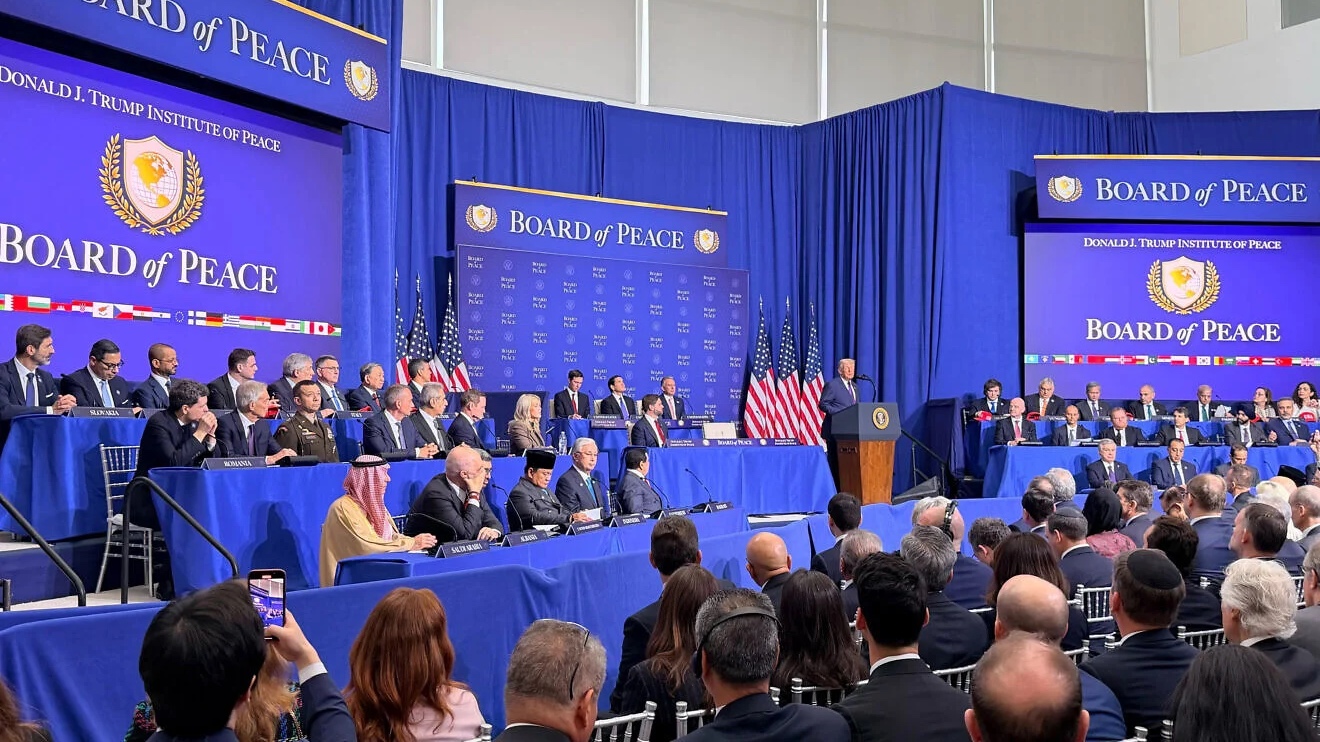(JNS) Opposition parties in the Knesset met on Saturday to unite as a single bloc for the next election against the government coalition led by Israeli Prime Minister Benjamin Netanyahu. Elections must be held by Oct. 27, 2026.
The question is: Can a unified opposition succeed in bringing down the Netanyahu coalition?
Polls don’t point to a clear victor. A Nov. 7 Maariv poll found the opposition leading, but a Nov. 6 Channel 14 poll and an Oct. 23 Zman Yisrael poll put the coalition on top.
“Politics in Israel and the environment that influences public opinion and elections results are very fluid. Anything can happen,” Abraham Diskin, a professor emeritus at the Hebrew University in Jerusalem, and a senior fellow at the Kohelet Policy Forum, told JNS on Sunday.
Variables that make it hard to predict are the likelihood of new parties emerging, foreign affairs, voter turnout and adjustments to the electoral threshold. The electoral threshold is the minimum share of votes required to enter the Knesset, currently at 3.25%.
In a statement following the meeting, the opposition leaders made the military draft of the haredim, or ultra-Orthodox, the No. 1 issue.
Nearly all Israelis agree that haredim must play a larger role in Israel’s national defense, particularly in the aftermath of Hamas’s Oct. 7, 2023, attack. Many Israelis served for months without respite in the Gaza Strip and elsewhere during the subsequent war.
“It’s a good issue,” Diskin said. “It’s an issue on which you can get some movement. In elections, you play on the turnout, the thresholds, etc. Some slight movement between the blocs can make the difference. And the opposition is stronger on that issue because there are more pro-government people who, while critical of the haredim, say, ‘Let’s be patient on the issue.’”
“It definitely draws voters away from the coalition parties,” Liron Lavi, a member of the Department of Political Studies at Bar-Ilan University in Ramat Gan, told JNS on Sunday.
Her question is how Israeli voters will vote on Election Day, given that the political map remains unclear. Possible new parties, such as one led by former Prime Minister Naftali Bennett, or a party representing IDF reservists, could attract some of those voters for whom the haredi draft is the top issue. At least one of those parties will cross the electoral threshold, Lavi said. “With which coalition it will go, this is a big unknown.”
Bennett is currently aligned with the opposition. However, as Diskin noted, it would be easier for Bennett to turn against the opposition than when he turned against his natural political home within the Netanyahu coalition, as he did in 2021.
Bennett is currently not a member of Knesset, but he announced the registration a new party on March 31 under the temporary name “Bennett 2026.”
He was among the party leaders who met on Saturday evening. The group included opposition leader Yair Lapid of the Yesh Atid Party; Israel Beiteinu Chairman Avigdor Liberman; Blue and White Party Chairman Benny Gantz; Gadi Eizenkot (who on Sept. 16 formed the “Yashar! With Eizenkot” party); and Democrats Party Chairman Yair Golan.
Ideological disagreement
While merging into an opposing bloc seems like a sensible idea on the face of it, Lavi said the opposition is making a mistake.
Israel’s electoral system is not a two-candidate race but a system of proportional representation, she said, so the parties should remain separate rather than merge into large blocs.
“It will turn voters off and, strategically, it will make it easier for Netanyahu to fight them,” Lavi said. By “turn voters off,” she meant that the voters of the parties differ ideologically. A right-wing voter for Liberman may be repelled to see him together with Golan, dovish on many issues, and vice versa.
Lavi suggested that the parties remain separate, appeal to their own bases, and later cooperate in building a coalition.
She said the “high polarization” in the country had led them to seek to act as a bloc. “In a polarized system, when you have one strong side, then it’s almost intuitive to try and create a second strong side,” she said.
Both Lavi and Diskin said that Netanyahu remains a strong candidate despite the fact that the Oct. 7 invasion happened on his watch. Lavi said one reason is the lack of a strong alternative. “He’s still to a large extent playing on an empty field,” she said.
Diskin noted that Hamas has said that one of the reasons it went to war was that it perceived Israel as divided, seeing the large anti-government rallies, particularly concerning judicial reform. The question is who bears responsibility for that divide. With the scandal currently unfolding involving the former military advocate general, it now appears more the fault of the anti-Netanyahu protesters, he said.
Want more news from Israel?
Click Here to sign up for our FREE daily email updates














